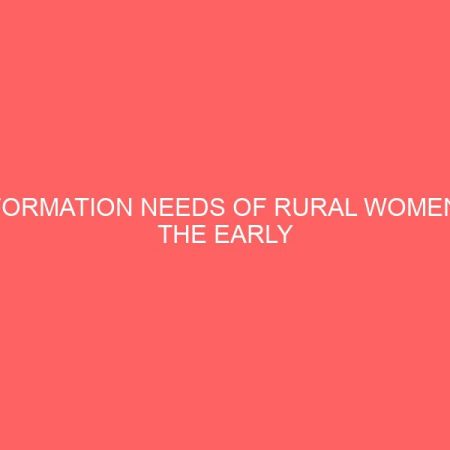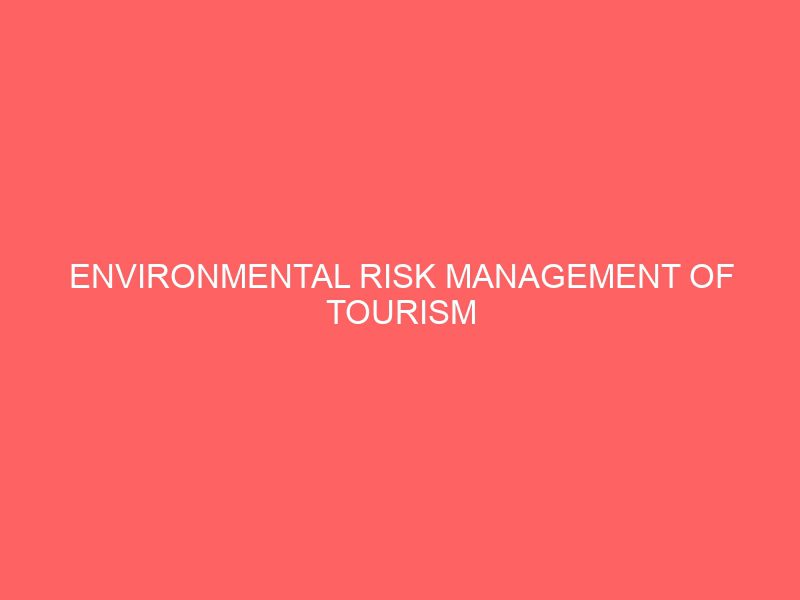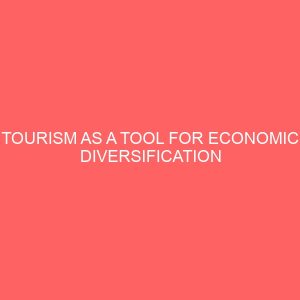Description
Environmental risk management ERM and ecological risk assessment ERA have been frequently studied in the last decade literature, marking the focus of the modern scholars for the new paradigms and tools used for hazard identification and prospective risk assessment. Since its launch in North America, the concept of risk management evolved from dealing with uncertainty regarding the occurrence of an undesired event to implementation of specific action plans in order to assess and provide an effective response to a certain risk. Being shaped, at the beginning, by the United States Environmental Protection Agency US EPA, the ERAvision and philosophy has evolved, nowadays embracing various approaches. Many countries from European Union e.g. United Kingdom, Netherlands, Sweden or East Asia divagated from the initial stream, being nowadays more conservative in risk assessment, following the precautionary principle. Making good risk management decisions are often an expression of certain values such as: environmental concerns integrated into social and economic decision making processes and population concerns integrated into social justice and consumption reduction. The application of ecological risk assessment within environmental risk management has to continuously integrate stakeholders involvement interested / affected parties, and regulators. Additionally, special attention needs to be given to social issues related to the ERAs, in order to fulfill user expectations and use the best information available. Tourism sustainability is a multi sectoral travel companies, hotels, restaurants, airline companies, etc. and a multidisciplinary economic, social and environmental concept. Tour operators sustainability is related to their business performance on all aspects, including the entire tourism supply chains Sigala, 2008.In the promotion of a sustainable tourism, a crucial role is played by its long term planning. The planning process involves all stakeholders by partnerships, business agreements and viable business actions. The long-term integrated planning can involve governmental and nongovernmental organisms NGOs, advocacy groups, private corporations, all governed by the same principles that cater the natural environment, culture and local traditions.








Reviews
There are no reviews yet.